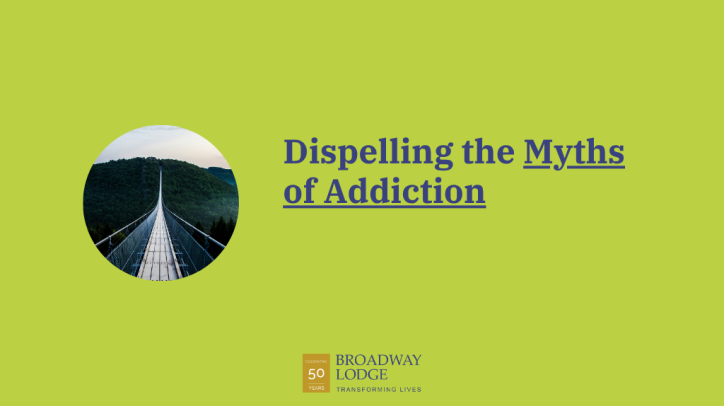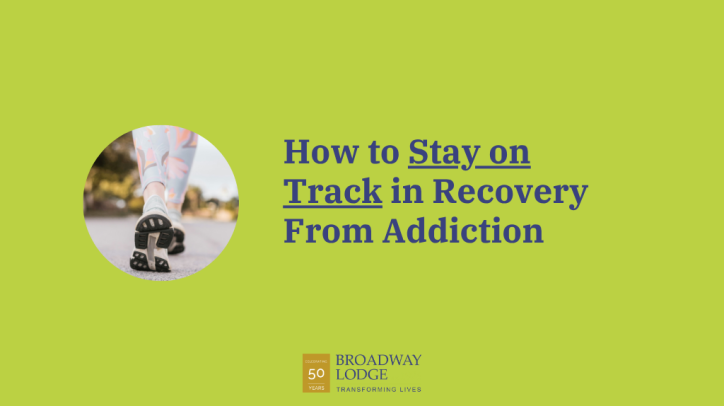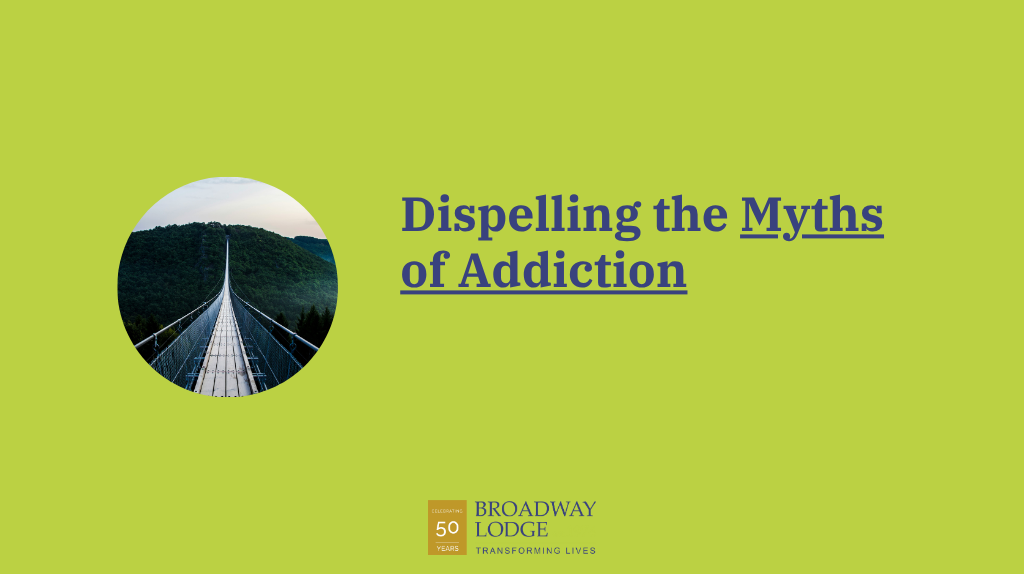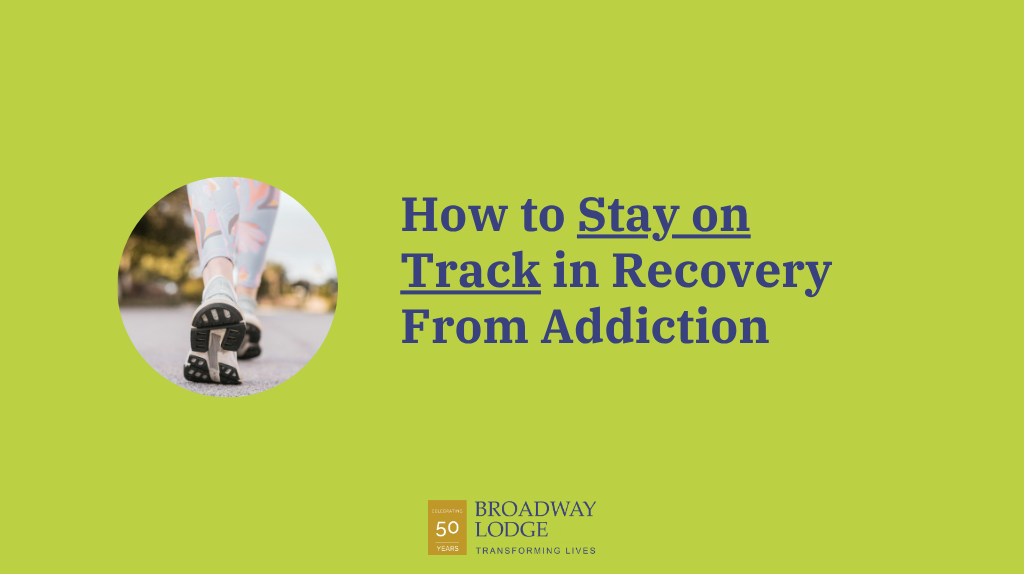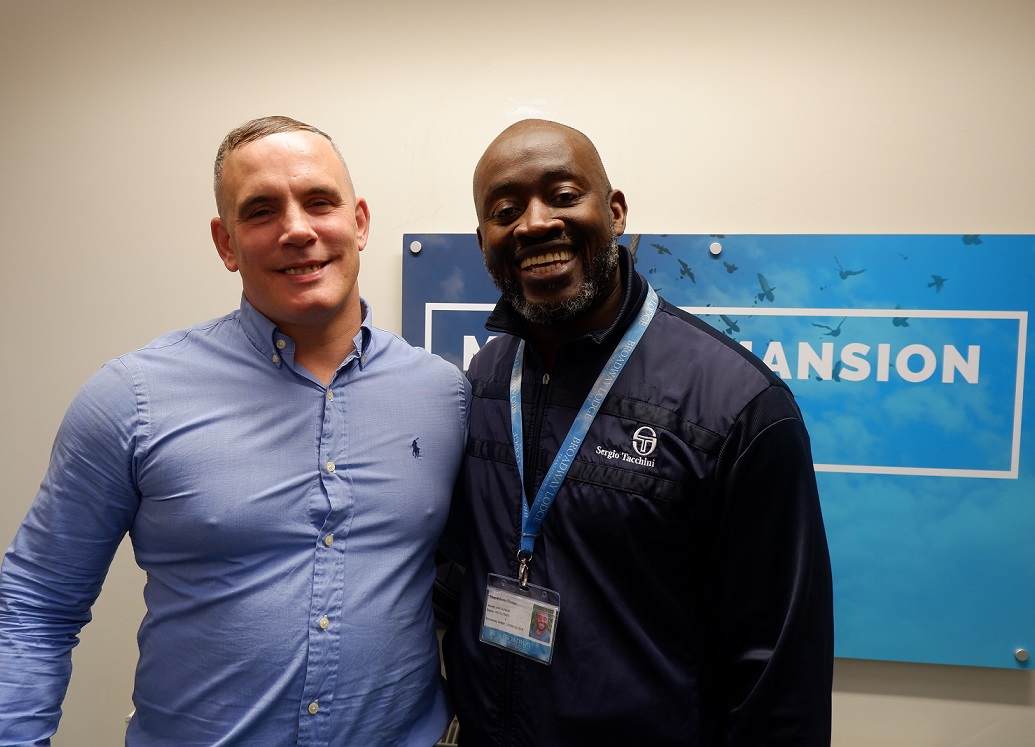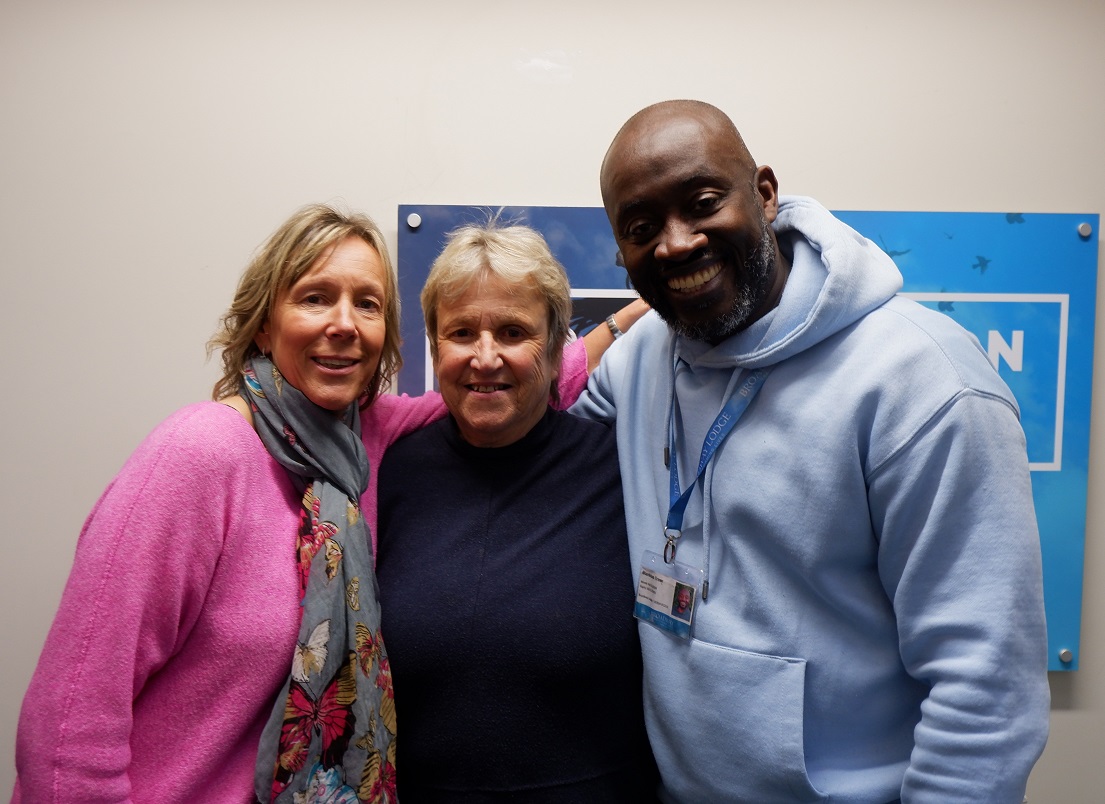When addiction exists alongside a mental health condition such as Anxiety, Depression, an eating disorder, Bi-polar, Schizophrenia and Borderline Personality Disorder, it is referred to as ‘dual diagnosis’.
People who suffer from a mental health condition will experience periods of negative feelings and thoughts for example distress, irritability, aggression, paranoia, mania, confusion, poor judgement and self-harm. With this in mind, it may be unsurprising that evidence indicates that people who have an addiction to drugs or alcohol are more likely to also have a mental health condition. Either can develop first.
Sometimes the addiction develops as the person seeks ways to escape and/or numb themselves from the feelings and behaviours associated with their existing mental health condition. Alternatively, a mental health condition can materialise as a result of the chemical changes in the brain related to alcohol dependency or substance abuse. Sometimes it is difficult to know which came first—the substance abuse or the mental health condition.
It can also be difficult or impossible to determine the cause; even if the symptoms of one condition appeared first, it may not have caused the other. What is known is that it is relatively common for people to self-medicate mental health symptoms with substances. Also, substance abuse may worsen or bring about symptoms of mental illness. For example, marijuana has been shown to increase the risk of psychosis for some users.
An individual can be predisposed to a dual diagnosis if: there’s a history of mental illness in the family – the individual is more likely also to develop mental illness; the individual began using substances or alcohol to alleviate symptoms of a mental health condition; the individual has experienced trauma such as abuse, a disastrous event or witnessing tragedy; the individual has experienced stress and anxiety.
Dual diagnosis treatment
At Broadway Lodge, Mental Health Nurses and Consultant Psychiatrists will monitor and support you throughout treatment and create an individualised treatment plan to treat your addiction and support a co-existing mental health condition. As a new patient at Broadway Lodge, you will be allocated to a trained and experienced counsellor who will use a range of therapeutic skills and interventions.
The 12 Step programme at Broadway Lodge offers a framework to help people understand the impact their addiction has had on their life and others as well as their mental health condition. They can learn to accept their condition, seek support and advice wherever and whenever possible and continue to live a healthy and fruitful life with support but without the use of drugs, alcohol or other addictive behaviours.
One of the developing crises with government funding for mental health is that services will not support or diagnose conditions until an individual suffering with alcohol or drug addiction is clean/sober, therefore a period of treatment addressing the addiction and associated behaviours gives an opportunity to access mental health services.



